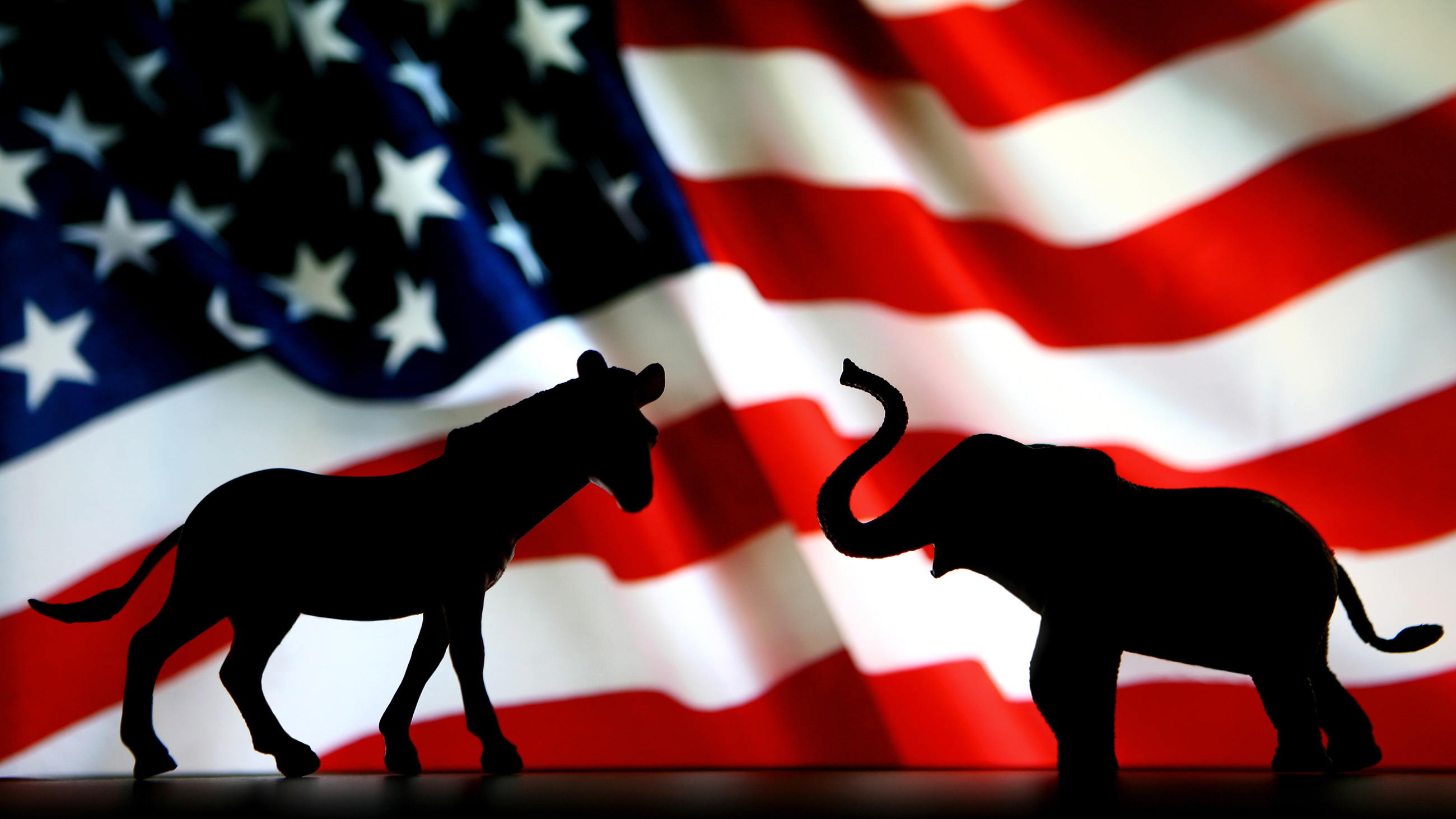Abstracts: Politics and Science, Zika Spread in Florida, and More
• A team at Wired looked at how often science was talked about at both the Republican and Democratic national conventions. The results showed that while the Democrats label themselves as the more scientific party, neither party measured up well. (Wired)

• The CDC has issued a travel advisory for pregnant women to avoid going to an area north of Miami, Florida, where the Zika virus has been found to be spreading. (Washington Post)
• Olympic teams around the world, including in the U.S., have begun sponsoring dietary supplements and pills despite little evidence that such supplements work. In fact, they may do more harm than good. (STAT)
• In the 1970s, the climate in the Middle East was similar to that of Southern Europe. Today, temperatures in Morocco can reach 116 degrees and in Iraq, there’s a dust storm every three days. (The Economist)
• To many, aquaponics — the growing of plants indoors using a series of connected water tanks — seems to hold a lot of promise, especially for those who want a sustainable way to grow their own food in a crowded city. But making it into a successful business hasn’t proven to be easy. (Chicago Tribune)
• After the Big Bang, there was matter and there was antimatter. After mostly destroying each other, matter won out, but physicists have never really understood why. Now some researchers think that the answer may lie with one of the most difficult-to-detect particles in the universe: the neutrino. (Quanta)
• Israel is leading the way in desalination, which could prove to not only save lives but improve relations across the Middle East. (Ensia)
• Genetically modified wheat found in a Washington field has some concerned that the spread of GMO plants could affect trade with nations that have banned GMOs. (Associated Press)
• And finally, microbiome research isn’t just for people; biologists are using the microbiome of a Colorado toad to fight a fungus that has already killed 200 species of amphibians. (High Country News)










